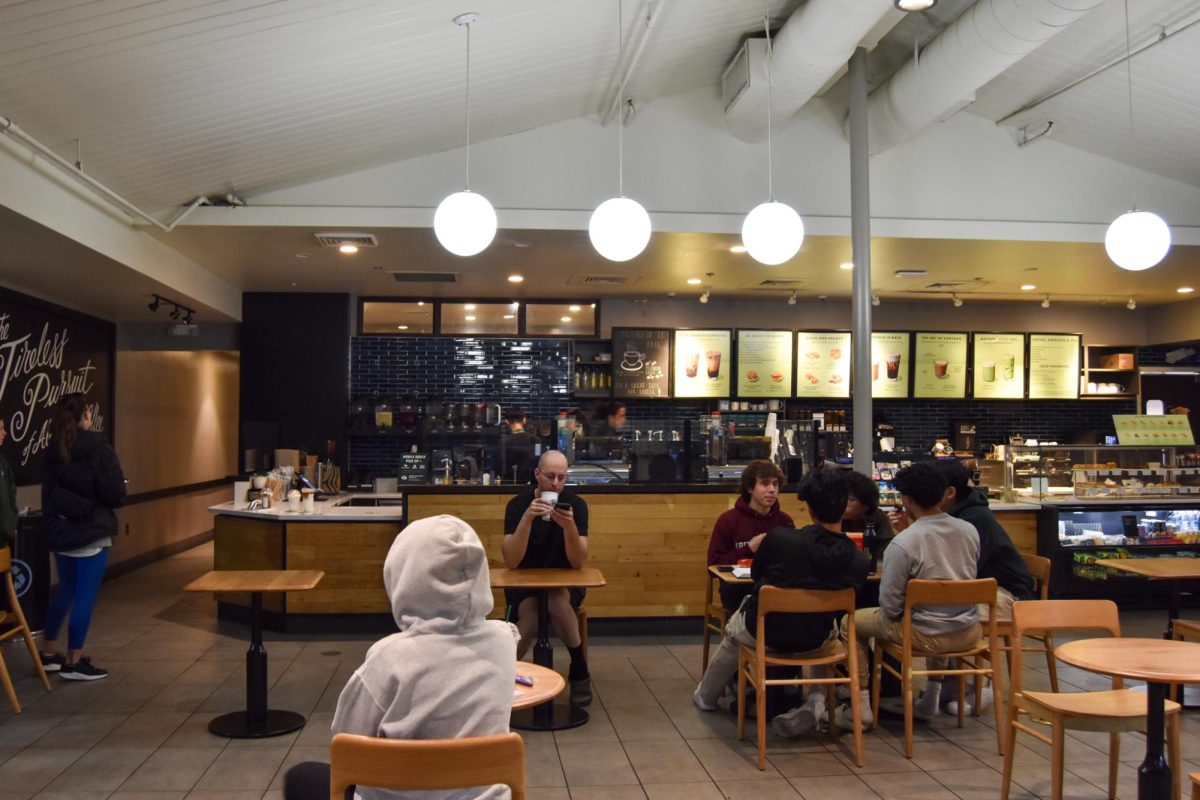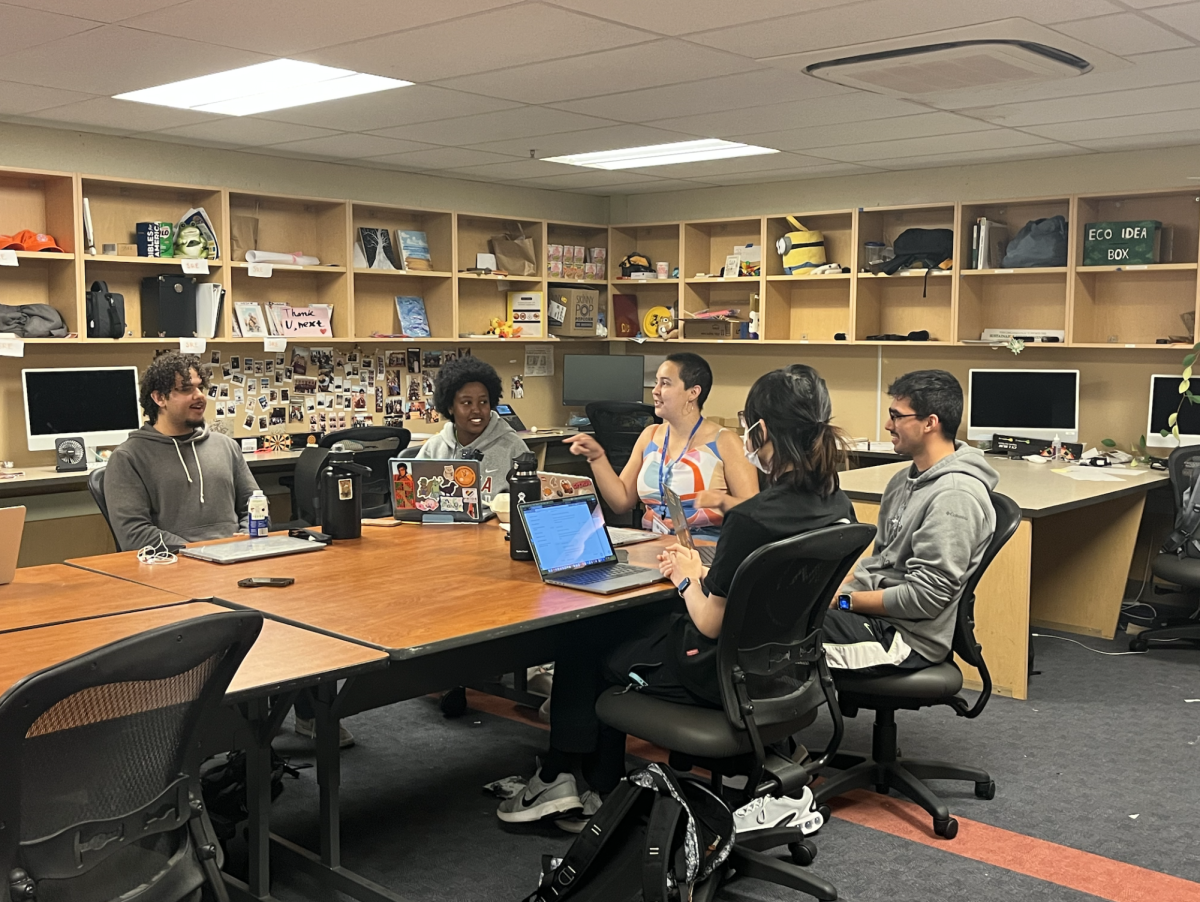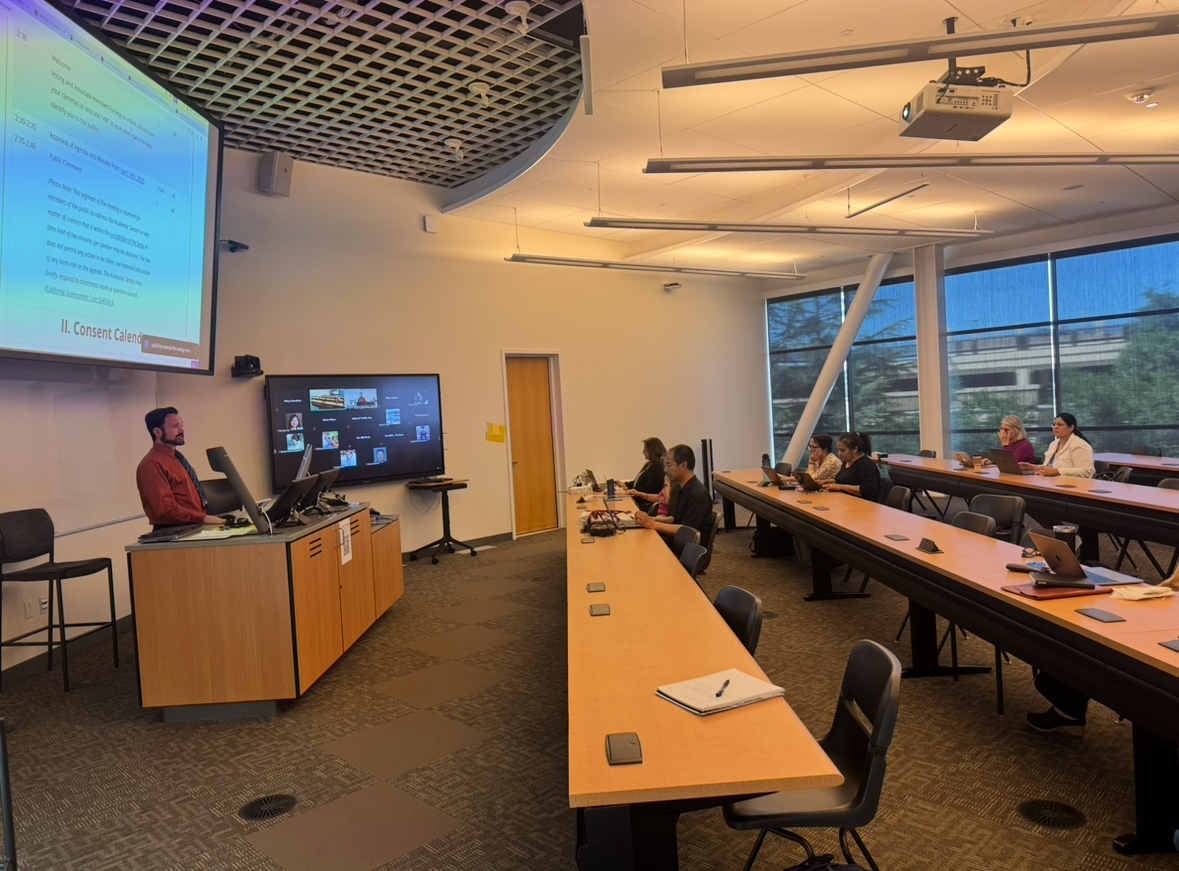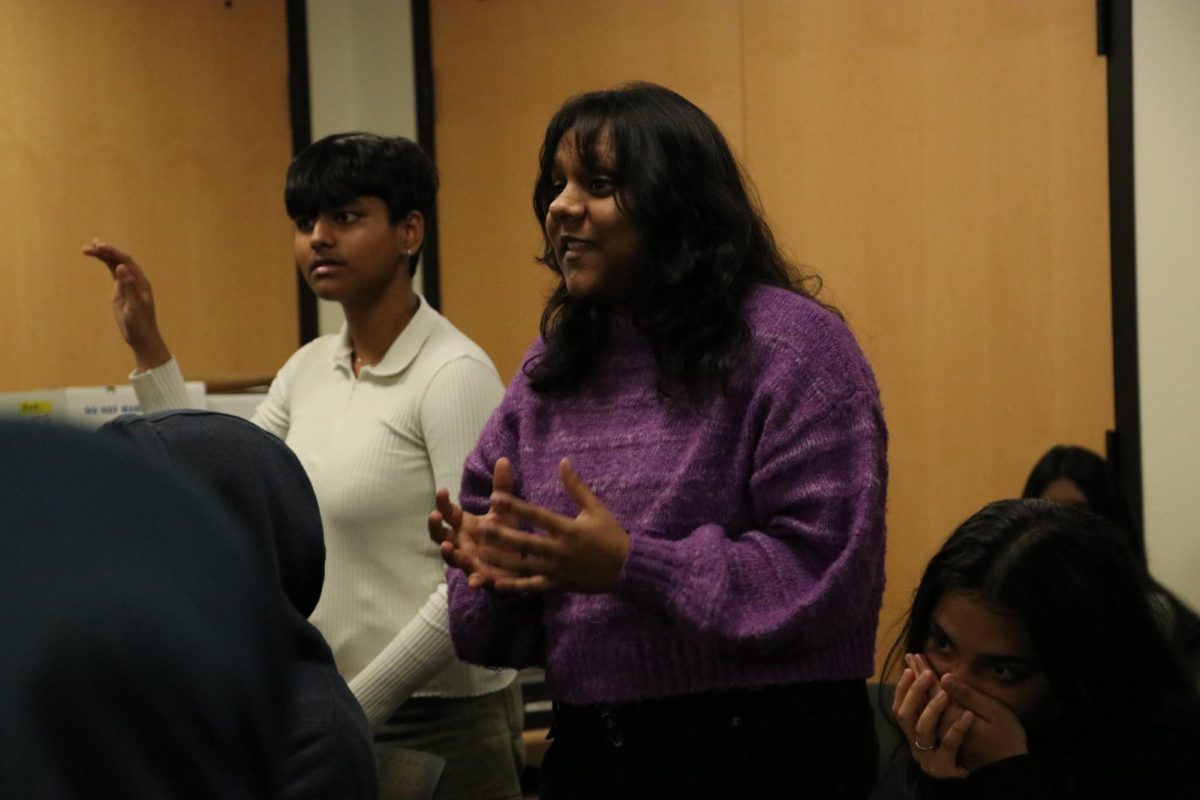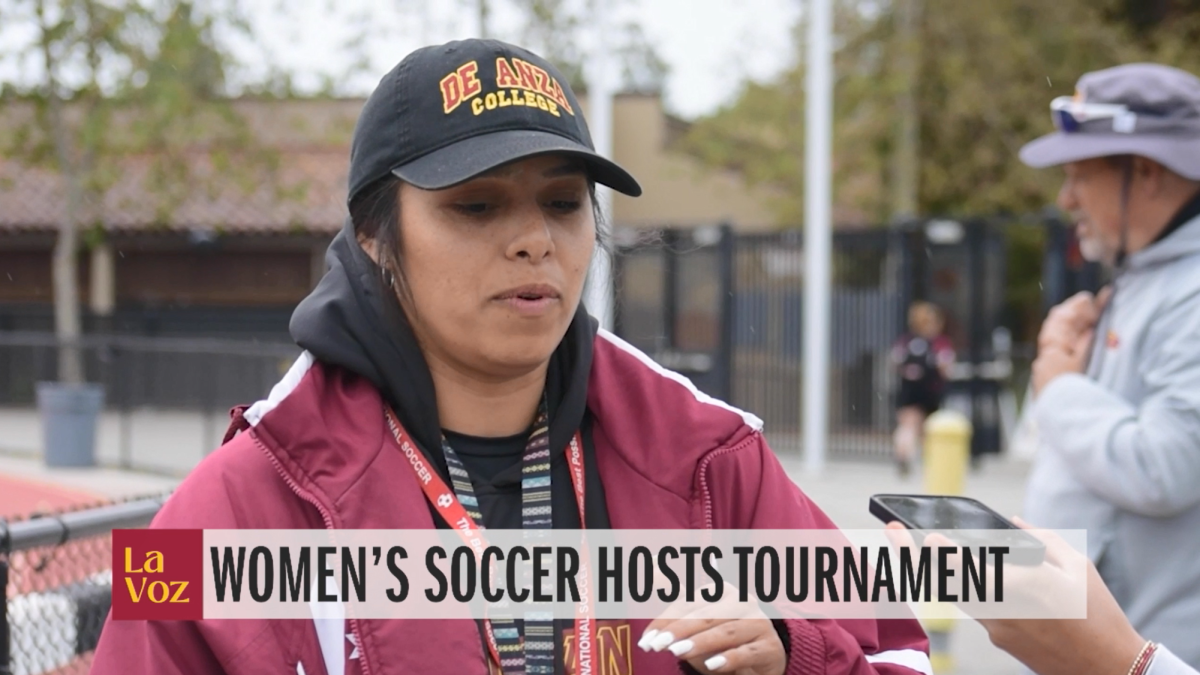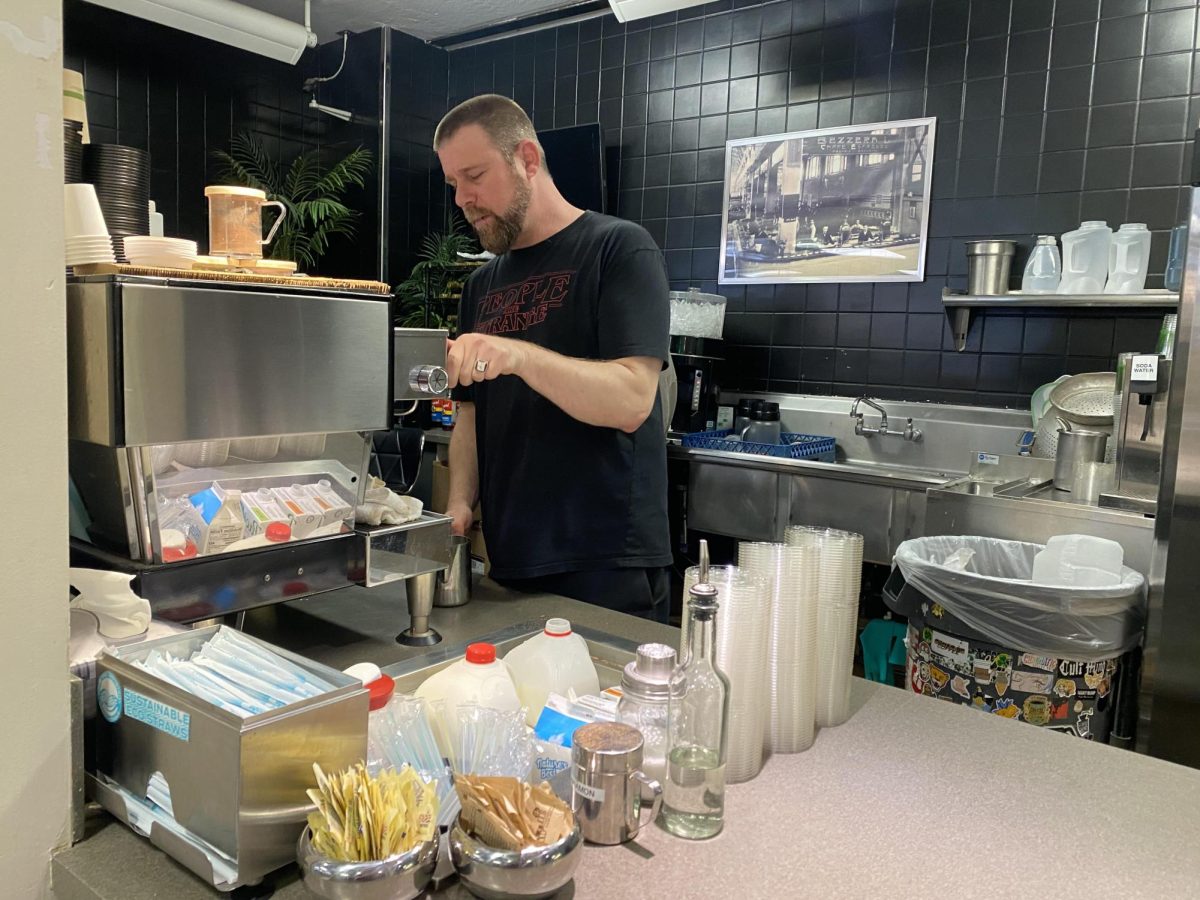Starbucks has changed their open-door policy and will implement a new rule on Jan. 27 towards its patrons: “buy something or leave.” In other words, customers must order something from the menu to use the restroom or spend time inside the coffee shop.
According to CNN, Starbucks has implemented a new policy aimed at addressing concerns about store safety and accessibility, with goals to deter homeless people, lure back customers, improve sales, enhance worker relations and manage the use of its restrooms.
William Butler, 22, communications major, may be one of the customers the coffee company is trying to win back. He said he no longer drinks Starbucks because the company is heavily invested in Israel’s economy.

“I know there’s a boycott. It was an effect that wasn’t helping their causes so I understand why they’re doing some of these drastic changes,” Butler said. “With the whole war in the Middle East, I know Starbucks donated to that war (to the Israeli side), and so (it is) something I personally (do) not want to fund or just drink.”
Starbucks created an open-door policy in 2018 after it turned away and had two Black men arrested at a Philadelphia location for trying to use the restroom. The men were told its bathrooms were only for paying customers; the incident was caught on camera and caused negative media attention for Starbucks.
Rama Haileselassie, 18, art history major, said she does not agree with the new policy.
“I don’t think it (the new policy) is fair; I just don’t really understand (why),” Haileselassie said. “I don’t think they’re losing money (on its bathrooms). I think it should be open to people.”
Starbucks’ new code of conduct bans discrimination, harassment, consumption of outside alcohol, smoking, vaping, drug use and panhandling (begging or soliciting). In a statement for CBS News, the chain said the goal of the new rules is to make its locations more appealing by prioritizing customers.
Robert Gibson, 19, English major, said he has no problem with the policy change.

“I think it’s fair because if you’re just there to take the Wi-Fi, but you’re not supporting the business, then I guess it’s fair for them to have you pay for something,” Gibson said. “They don’t want just like 1,000 people coming in and taking up the Wi-Fi … so it’d be beneficial for them (to make) customers pay.”
At the same time of the implementation of the new policy, Starbucks is also trying to incentivize customers to stay in their café. On Jan. 27, all customers can get one free hot or iced coffee refill served in its ceramic mugs or reusable glasses, which was a perk previously reserved to members of Starbucks’ loyalty program.
According to the National Association of Convenience Stores, the new policy aims to provide clear guidelines for baristas on handling which individuals can seek refuge in their cafes and for law enforcement responding to calls about disorderly conduct.
“I guess (the reason why Starbucks changed its policy was) to appeal to a certain audience, or to get certain people in the store who didn’t want to deal with non-patrons just being in the store,” Butler said. “Maybe (it) just (wants) to shore up some revenue to make sure every person who came in would buy a drink.”




